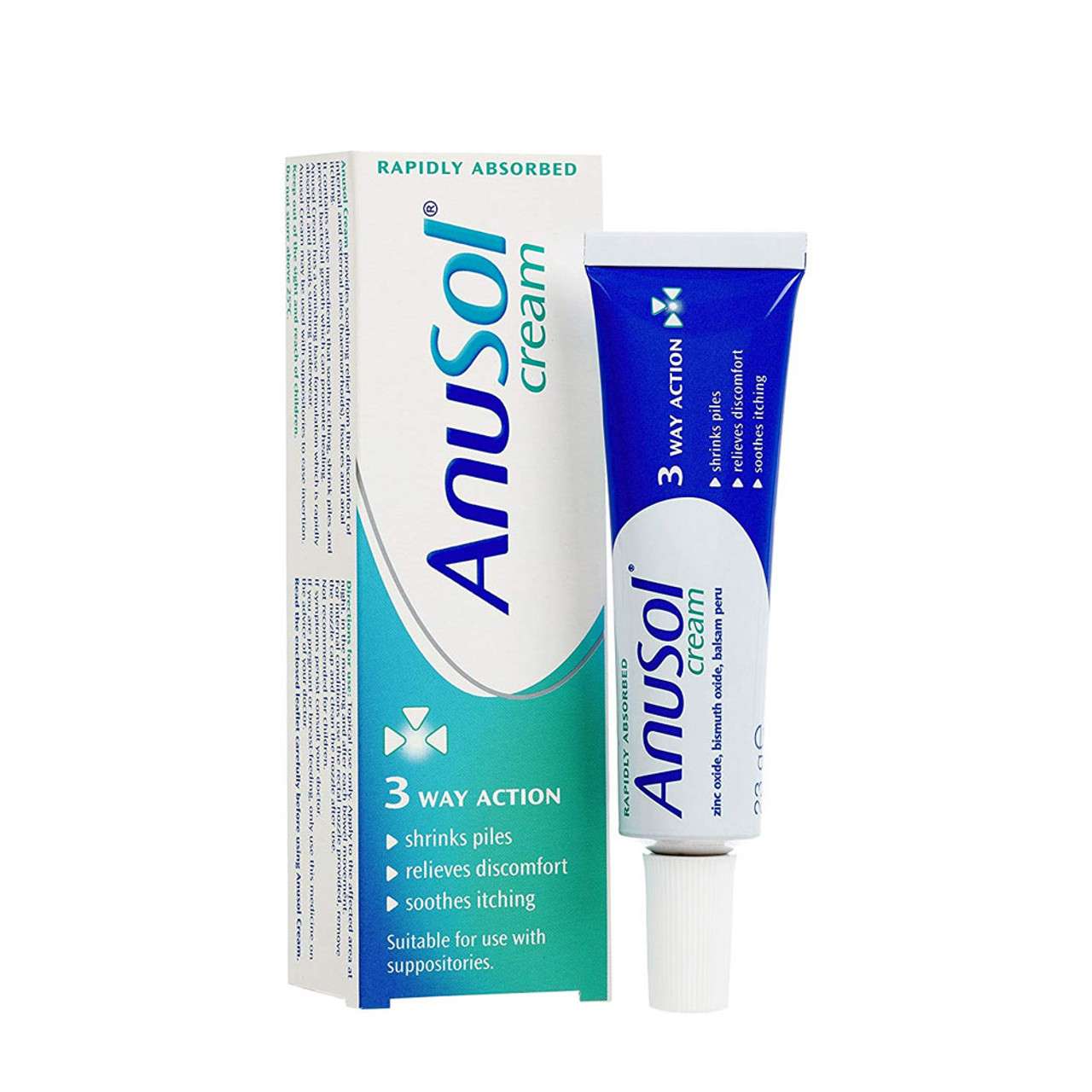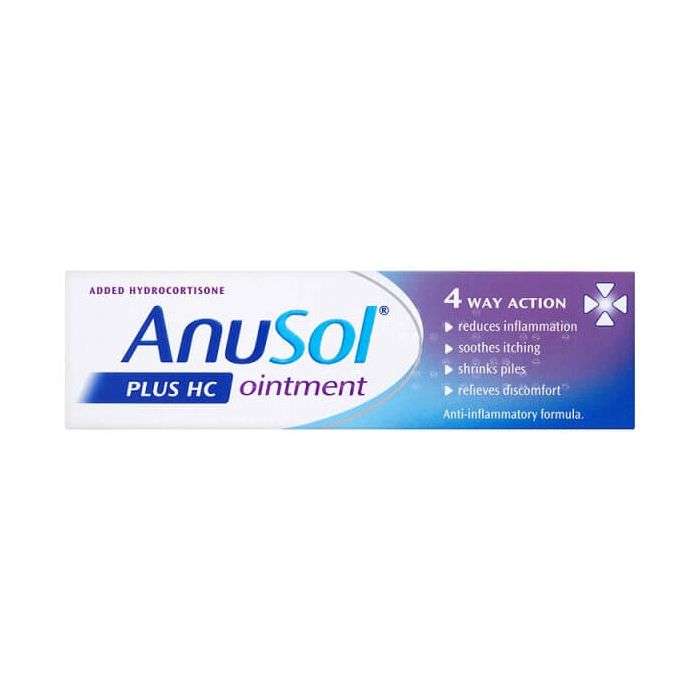Understanding Piles (Haemorrhoids)
Causes & Risk Factors
Hemorrhoids are primarily caused by increased pressure in the lower rectum, which can result from several factors:
Straining during bowel movements: This is often due to constipation or diarrhoea, which puts extra pressure on the veins in the lower rectum.
Sitting for prolonged periods: Especially on the toilet, which can exacerbate the condition.
Low-fibre diet: A diet lacking in fibre can lead to constipation, increasing the risk of haemorrhoids.
Pregnancy: The weight of the fetus can put pressure on the pelvic veins, leading to haemorrhoids.
Aging: The tissues supporting the veins in the rectum and anus can weaken with age.
Heavy lifting: Repeatedly lifting heavy objects can increase abdominal pressure.
Obesity: Excess weight can contribute to increased pressure on the pelvic veins.
Medical Conditions That Can Worsen Piles
Certain medical conditions can exacerbate haemorrhoids, including:
Chronic constipation or diarrhoea: Both conditions can lead to straining during bowel movements.
Liver disease: Conditions like cirrhosis can increase pressure in the veins, leading to haemorrhoids.
Inflammatory bowel diseases: Such as Crohn’s disease, can increase the likelihood of haemorrhoid formation
Reducing the Risk of Haemorrhoids
To reduce the risk of developing haemorrhoids, consider the following lifestyle changes:
Increase fibre intake: Consume a diet rich in fruits, vegetables, and whole grains to help soften stools and reduce straining.
Stay hydrated: Drink plenty of fluids to prevent constipation.
Exercise regularly: Physical activity helps prevent constipation and reduces pressure on veins.
Avoid prolonged sitting: Especially on the toilet, to reduce pressure on the anal veins.
Manage weight: Maintaining a healthy weight can reduce the pressure on the pelvic veins.
Treatment Options
Most haemorrhoids can be managed with conservative treatments, including:
Over-the-counter creams and ointments: These can help reduce pain and swelling.
Warm baths: Soaking in a warm bath can provide relief from symptoms.
Cold compresses: Applying ice packs can reduce swelling.
Laxatives: If constipation is a contributing factor, laxatives may be recommended to ease bowel movements.
In more severe cases, medical procedures such as rubber band ligation, sclerotherapy, or surgical removal may be necessary
When to Consult a Doctor
It is important to consult a healthcare provider if you experience haemorrhoid symptoms for the first time, notice blood in your stool, or if symptoms worsen despite home treatments. A doctor can provide a proper diagnosis and recommend appropriate treatment options





